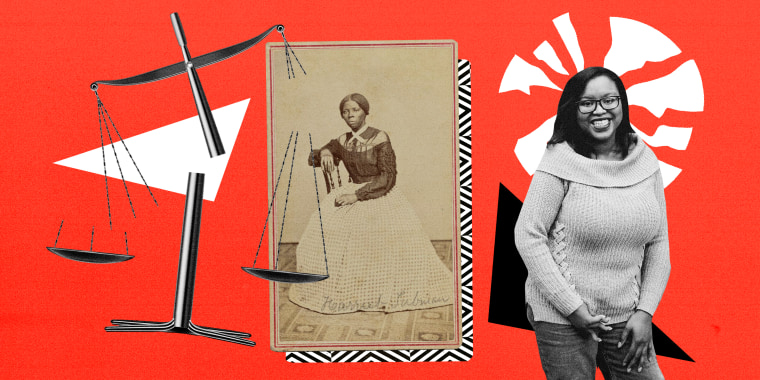The celebration of Black history is a 12-month affair. However, year after year, Black disabled history has been excluded and erased from annual February discussions. Trailblazing African American women such as Harriet Tubman, Fannie Lou Hamer and more have been lauded for their accomplishments and political activism, but their disabilities — and the importance of its visibility — is often overlooked.
Tubman experienced sleeping spells that Black historians later determined were epileptic seizures due to a two-pound blow to the head as an enslaved youth. As a young child, Hamer had polio and after a beating in a Mississippi jail, the activist lived with a blood clot in her eye and leg damage.
According to the National Center on Disability and Journalism, over 6 million Black Americans live with a disability of some kind. Additionally, the community has the highest rate of disability than any other demographic at over 20%.
Nonetheless, Black women creatives, authors and content creators living with disabilities have long been amplifying their lived experiences, fostering community and leading the charge for substantive change.
Crutches & Spice takes on disability rights
“There's this commodification of disabled bodies, but there's also this ignorance of it to complete erasure,” 30-year-old Imani Barbarin told TODAY via Zoom. “We always have this conversation around Black representation or ‘representation matters,’ and nobody ever asks for Black disabled people. Pop culture exacerbates this idea that disability is only something that affects white people.”
Barbarin is a communications director and the creator of Crutches & Spice, a site she launched in 2014 to write about her experiences as a Black woman with cerebral palsy. The Pennsylvania native joined TikTok in 2020, where she’s garnered over 91,000 followers merging sarcasm, comedy and disability advocacy and education in her content.
“For a lot of non-disabled people, and even disabled people, they didn't really realize how pervasive ableism was in this country and how easily it is to use it in the quest for white supremacy," Barbarin said. "There's a lot of people who are looking at my content, hopefully piecing the dots together.”
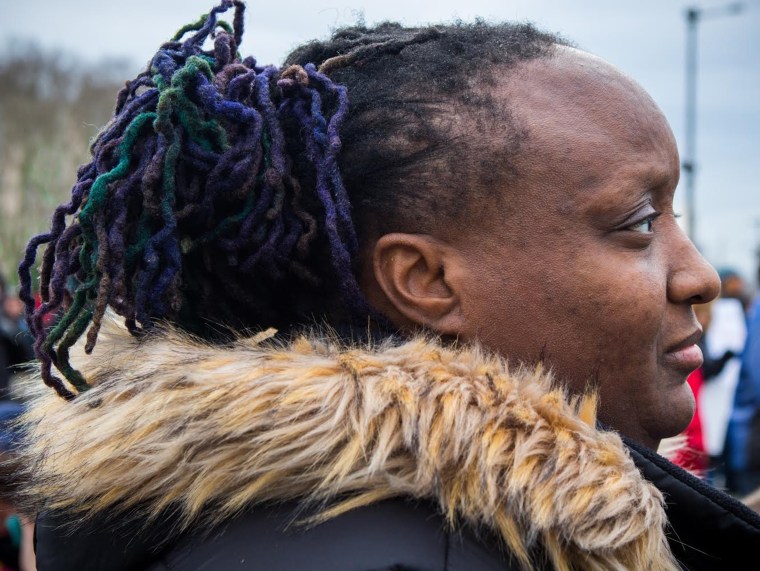
In her videos, Barbarin has tackled topics such as the inaccessibility of Black hair salons and services, how medical rationing during COVID-19 has impacted folks with disabilities and the connection between systemic racism and ableism. Per a 2016 study from the Ruderman Foundation, disabled individuals comprise up to half of those killed by police; therefore, Black folks with disabilities (i.e. Alfred Olango, Keith Lamont Scott, etc.) are at a higher, compounded risk of losing their lives.
Barbarin noted that within the community, advocacy for all Black lives is fragmented, stating that "the only people that are for us are us. Non-disabled Black people really don't talk about disability at all.”
#DisabledAndCute to boot
For 29-year-old Keah Brown, she can recall an instance growing up in which she was bullied by an able-bodied Black classmate for having cerebral palsy. She said her first introduction to disability was her peer ridiculing her.
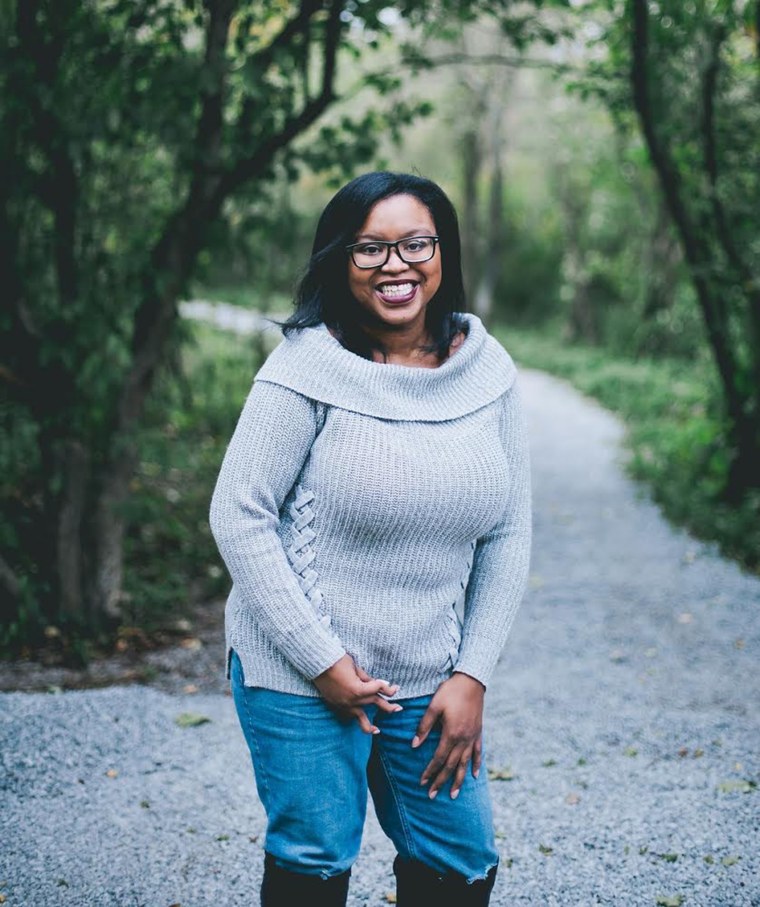
“Growing up, the first time that I realized that I was disabled and disability was a bad thing was when I was 12,” Brown told TODAY. “It was in the cafeteria and this kid named Aaron, who was also Black, made fun of me. I went home that day and I realized, like, ‘Oh, I walk with a limp and like, I'm disabled, and it's a bad thing.’”
After repeated experiences like that throughout her education, Brown had to dismantle the internalized belief that she was “wrong” or “broken.” As a Black queer disabled woman, she grappled with suicidal thoughts for many years, thinking that if she was in a different body and was more conventionally attractive that she would be worthy of love.
"Pop culture exacerbates this idea that disability is only something that affects white people.”
“In the Black community, we don't talk about disability and if we do, it’s within the realm of jokes, making light of something, or using us as punching bags on the internet," Brown said. "Then you have the white disabled community who doesn't talk about queerness or race or sexuality. It is exhausting sometimes because ... It’s hard to feel like I really belong in any place.”
Through social media, Brown has been able to advocate for the needs of her communities and share her passions, such as delving into screenwriting, acting, journalism and more. It first began with the hashtag #disabledandcute, which she coined in February 2017, a celebration of herself, self-love and finally feeling good in her body.
“To this day, it is such a surprise to see people who are still using it and telling stories about how they found significant others in the hashtag, found a sense of self of self-worth,” Brown said. “All these things that I had been working on up to that point on my own, I was able to give to other people with the hashtag.”
Before #disabledandcute, she had approximately 9,000 followers on Twitter; by the end of the week, it skyrocketed to 14,000 — and she garnered the attention of literary agents. Released in August 2019, her autobiography “The Pretty One” discusses her love for life, desire for romance being a Black woman with cerebral palsy, and allows her to be fully seen as human.
Please, her hands are loud enough
Nakia Smith has taken the world by storm on TikTok. With over 403,000 followers, Smith has fostered a community, teaching users different words and phrases in sign language and sharing comedic and thoughtful videos on what it means to be Black and deaf. She goes by Charmay online and came up with the phrase "My Hands Are Loud Enough."
The 22-year-old TikToker from Dallas, Texas comes from a five-generation family of deaf people and has used the platform to educate users on Black American Sign Language (BASL), a variation of American Sign Language commonly used by Black signers.
“I joined Tiktok beginning of the first week of April 2020. My grandfather, Jake Smith Jr, inspired me to educate others about BASL,” Smith told TODAY. “The first moment I recall (going viral) was the speech therapy video with my baby brother Arnaz. People (were) drawn to my talking voice. I tested myself to see if I could make the same impact without sound with an impactful message.”
Following the inauguration, she made a video regarding Georgia Fire Captain Andrea Hall, who signed the Pledge of Allegiance at the ceremony and is the first Black woman to hold her position at Fulton County Fire Rescue in Georgia. Smith was shocked and excited to see a Black signer on television appearing to use BASL, a dialect which has been sidelined in the canon of deaf language.
BASL came about due to the racial discrimination in deaf history and school segregation. Although the first permanent school for the deaf in the United States opened in 1817, schools for Black deaf children didn't emerge till after the Civil War. The last school of the deaf to desegregate after Brown v. Board was in 1978 in Baton Rouge, Louisiana.
"I just love the fact that disability is not this dirty word."
“I honestly feel like school does not do enough to teach about racial and disability justice,” Smith wrote. “We want to be a part of history. If society respects ASL signers, respect BASL signers as well. I want the community to keep fighting, keep making videos, keep informing because there really aren’t any limits.”
On being #actuallyautistic and actually creating change
As deafness has shown, one’s disability is not always visible or physical. Ranging from intellectual disabilities to mood disorders and more, disability is nuanced and anyone can disclose or be informed of their status at different periods in life. For educator Morénike Giwa-Onaiwu, who is a Black immigrant non-binary woman, they finally received an autism diagnosis after having children.
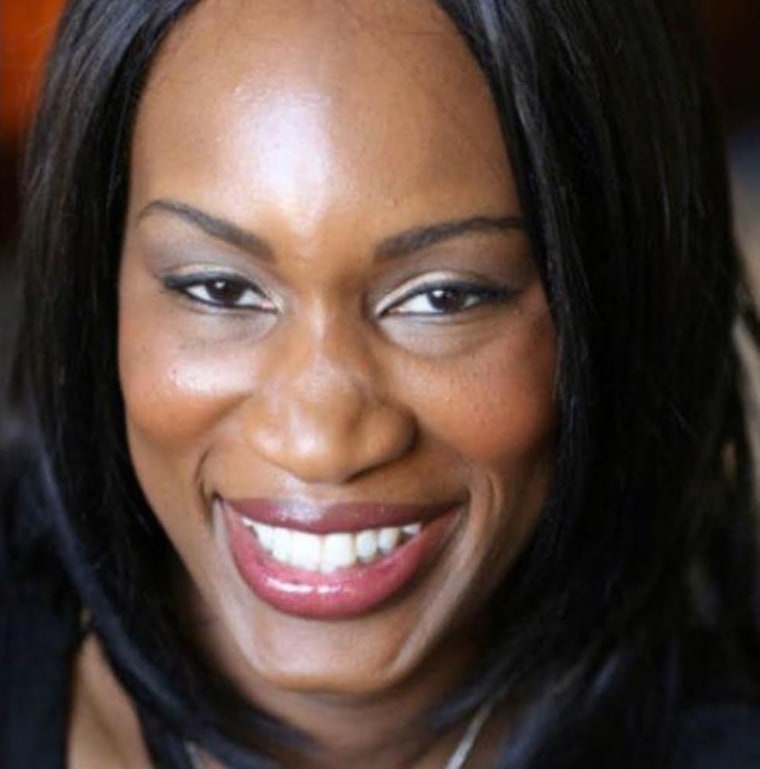
“I was diagnosed with major depression in sixth or seventh grade. I wasn't aware of the fact that psychiatric disabilities are a disability. In graduate school, I was diagnosed with ADHD ... And the autism diagnosis came even later,” Giwa-Onaiwu told TODAY. “A lot of Black women, we find these things out a lot later, no matter what it is. We are misdiagnosed or missed, and it's always attributed to something other than what it really is.”
Children of color are often less likely than white children to receive an ADHD diagnosis, with Black youth, specifically, 69% likely. According to EBONY, Black women rarely receive ADHD diagnoses “because it is commonly seen as a ‘boys’ disease with a current ratio of diagnosis of 3:1.” Though recent reports show that diagnoses are increasing in Black youth, Black girls often navigate life underdiagnosed and being referred to as “ditzy,” loud or talkative, rather than understood.
Growing up, Giwa-Onaiwu wished they had received an earlier diagnosis so they could better navigate academia and life. As a child, Giwa-Onaiwu used pedantic speech, often shied away from looking people in the eye, and exhibited “echolalia," or mimicking, around peers.
"It was like how people get up and they get dressed and they put on their clothing, but it's like you're putting on this mask that you have to wear. You have to regulate your body a certain way.” Gina-Onaiwu told TODAY. "My whole life was code-switching and masking because I went to schools where they were predominantly white students. Every day was so exhausting (masking)." Now, a humanities scholar and professor at Rice University, this act of masking has continued into their professional life.
Along with many other folks who are Black and autistic, Giwa-Onaiwu has yet to see Black girls with autism accurately represented in media. Recently, there has been backlash of Sia’s “Music” starring Maddie Ziegler, which stars an able-bodied, neurotypical white girl as the lead.
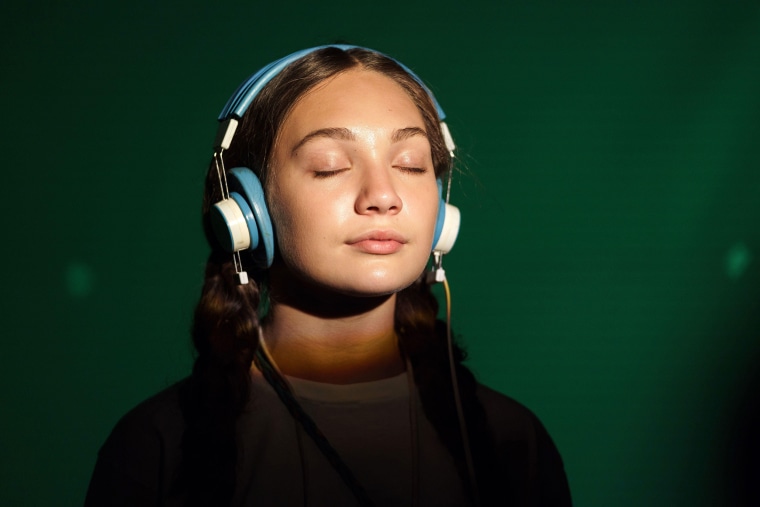
“Disabled people should be able to play themselves," Giwa-Onaiwu said. "Aside from that, it's abled people playing autistic people, and then typically is white cisgender, male, abled people playing autistic people. So there's almost no depiction of us whatsoever.”
Despite seeing a lack of representation in media, Giwa-Onaiwu has been able to foster community online with the #actuallyautistic hashtag on Twitter and various Facebook groups, finding spaces to authentically be Black and autistic.
“I love these disabled and proud T-shirts, I love these memes and I just love the fact that disability is not this dirty word. My children can say they’re disabled just like they can say they’re Black and there’s no issue, there's no shame, there's no fear. They can just say it happily and go about their business.”
Related:
